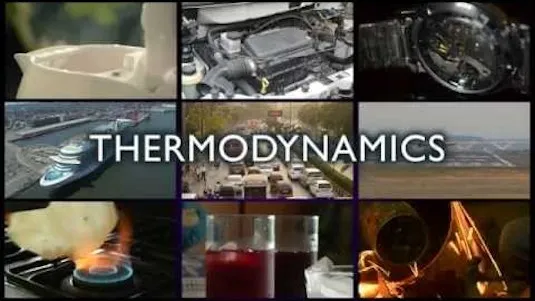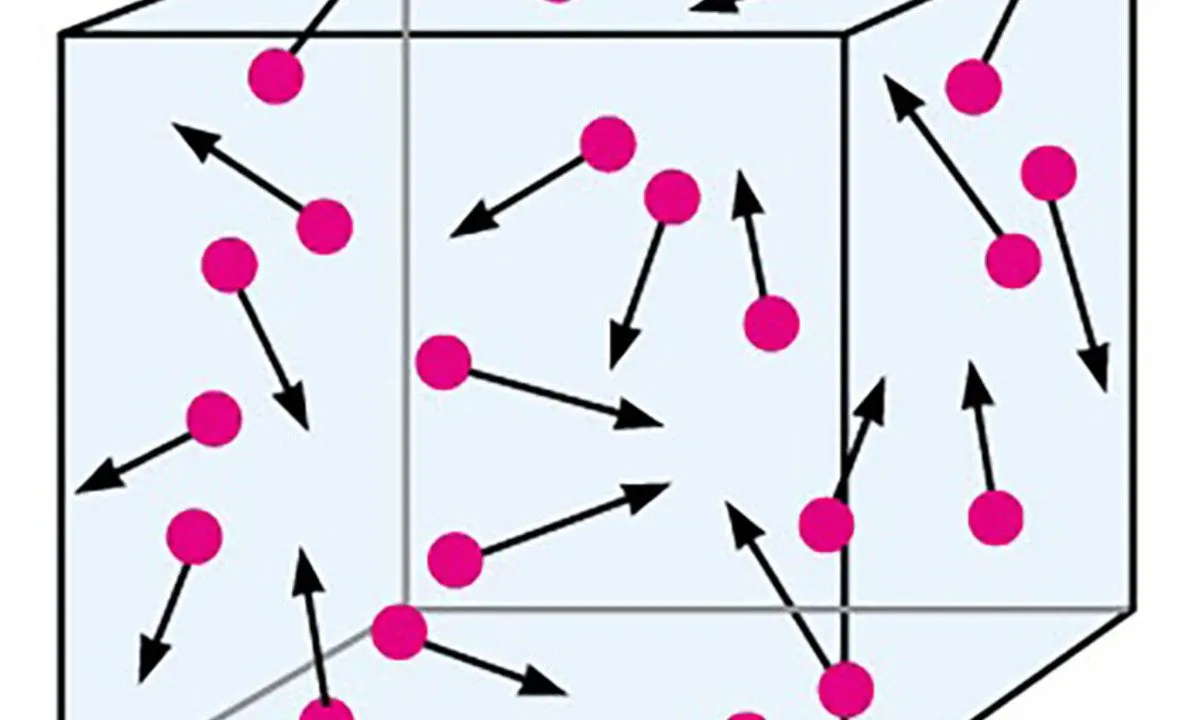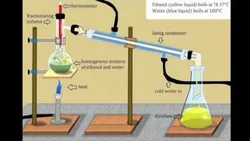Free Online Thermodynamics Courses and Certifications 2024
Thermodynamics is the study of energy and its transformation. It is a branch of physics that deals with the relationship between heat and other forms of energy. It is applicable to a wide range of fields, such as engineering, chemistry, and biology. People interested in thermodynamics may pursue courses in physics, engineering, and mathematics.
Popular Courses
















Thermodynamics Courses
Career Trends
Career Prospects | Average Salary | Position Overview |
| Engineering Technician | $54,460 per year | Engineering technicians assist mechanical engineers in designing, testing, manufacturing, and developing a variety of devices, including tools, engines, and machines. Their tasks may involve creating sketches and preliminary layouts, collecting and analyzing data, and presenting their findings to engineers. |
| Production Technician | $20.95 per hour | Production technicians are responsible for the assembly and testing of products and manufactured goods, ensuring that they meet the necessary standards before being sold to consumers. Their job involves conducting thorough testing and examination to detect any defects and ensure that the products operate as intended. |
| Maintenance Technician | $23.94 per hour | Maintenance technicians are tasked with conducting basic maintenance and repair work on machines. Their responsibilities include inspecting machinery to assess its performance, cleaning and lubricating the components, performing basic diagnostic tests, and examining damaged machine parts to determine if major repairs are required. |
| Operator | $75,311 per year | Operators are proficient professionals who operate light or heavy machinery in diverse industries and utilize their extensive expertise to accomplish tasks such as manufacturing products or repairing equipment. Operators must possess a keen eye for detail and the ability to concentrate and execute their work with precision. |
| Engineer | $159,688 per year | Engineers are professionals who practice engineering, with the primary responsibility of creating, designing, analyzing, constructing, and testing machines, complex systems, structures, devices, and materials that meet functional objectives and requirements. During this process, engineers must take into account practicality, safety, regulation, and cost constraints. |
Educational Paths
1. Bachelor's degree in Mechanical Engineering: This is a popular educational path for thermodynamics as it is a core subject in mechanical engineering programs. Mechanical engineering programs provide a strong foundation in thermodynamics through courses such as Heat Transfer, Thermodynamics, and Fluid Mechanics.
2. Bachelor's degree in Chemical Engineering: Chemical engineers also require a strong understanding of thermodynamics, especially in the area of chemical process design. A chemical engineering program includes courses such as Transport Phenomena, Chemical Process Design, and Thermodynamics.
3. Bachelor's degree in Physics: Physics provides a fundamental understanding of thermodynamics principles, making it a suitable educational path for those interested in research and development in thermodynamics. A physics program includes courses such as Thermodynamics, Statistical Mechanics, and Quantum Mechanics.
Frequently Asked Questions and Answers
Q1: What is the best book on thermodynamics?
The best book for an undergraduate physics student studying thermodynamics is Introduction to Electrodynamics by Griffiths. Alternatively, Electricity and Magnetism by Purcell and Classical Electrodynamics by Jackson are also great resources.
Q2: What is thermodynamics in simple terms?
In the realm of scientific study, thermodynamics is the discipline that explores the intricate connections between heat, work, temperature, and energy. At its core, this field delves into the mechanisms governing the transference of energy from one location to another and its conversion from one state to another.
Q3: What are the 3 laws of thermodynamics?
The first law of thermodynamics states that energy cannot be created or destroyed. The second law of thermodynamics states that for a spontaneous process, the entropy of the universe increases. Lastly, the third law of thermodynamics states that a perfect crystal at zero Kelvin has zero entropy.
Q4: What is the first law of thermodynamics?
The first law of thermodynamics states that the total energy of a system remains constant, even when it undergoes conversion from one form to another. An illustration of this principle can be observed when kinetic energy, which is the energy possessed by a moving object, transforms into heat energy as a driver applies the brakes to decelerate a car.
Q5: What is an example of thermodynamics?
Light bulbs transform electrical energy into light energy (radiant energy). Pool balls collide, transferring kinetic energy and causing the second ball to move. Plants convert the energy of sunlight (radiant energy) into chemical energy stored in organic molecules.
Q6: What Thermodynamics courses can I find on AZ Class?
On this page, we have collected free or certified 170 Thermodynamics online courses from various platforms. The list currently only displays up to 50 items. If you have other needs, please contact us.
Q7: Can I learn Thermodynamics for free?
Yes, If you don’t know Thermodynamics, we recommend that you try free online courses, some of which offer certification (please refer to the latest list on the webpage as the standard). Wish you a good online learning experience!
ADVERTISEMENT
